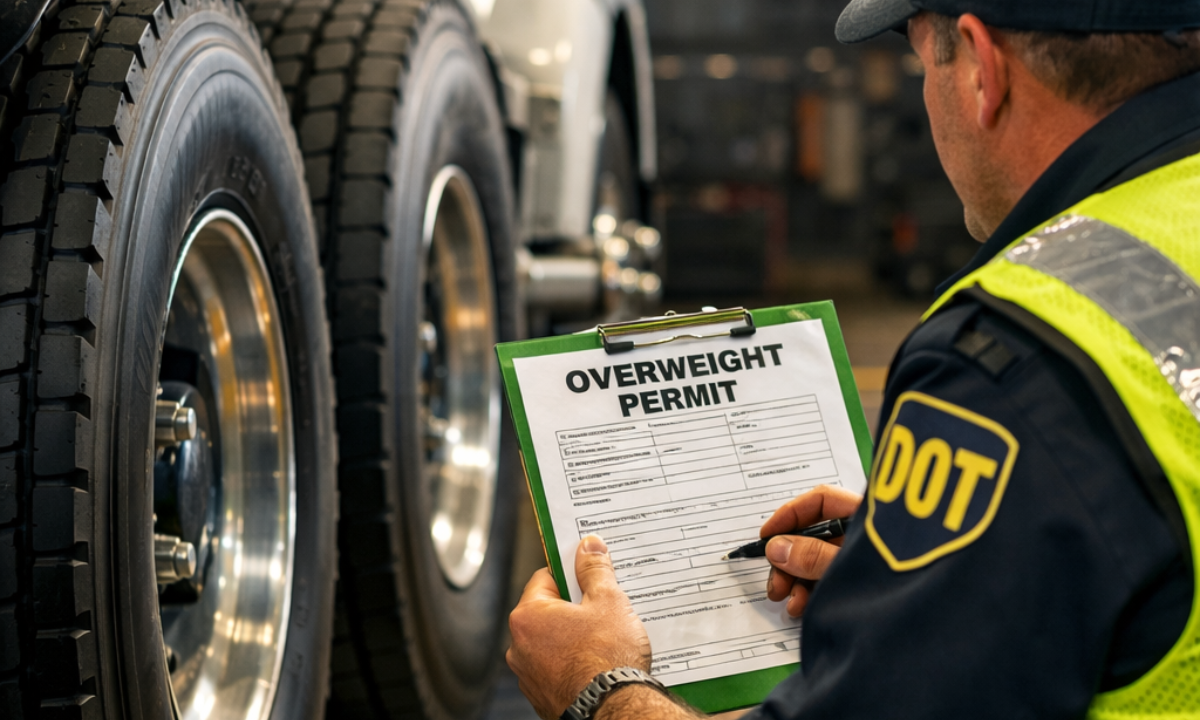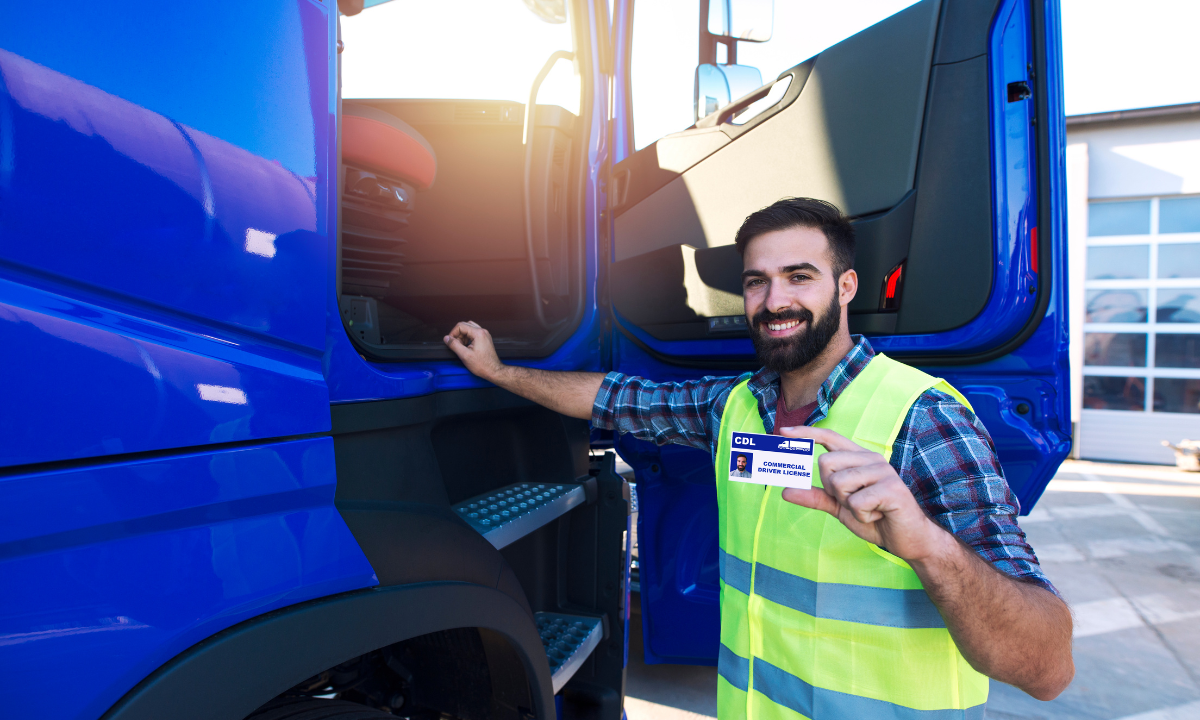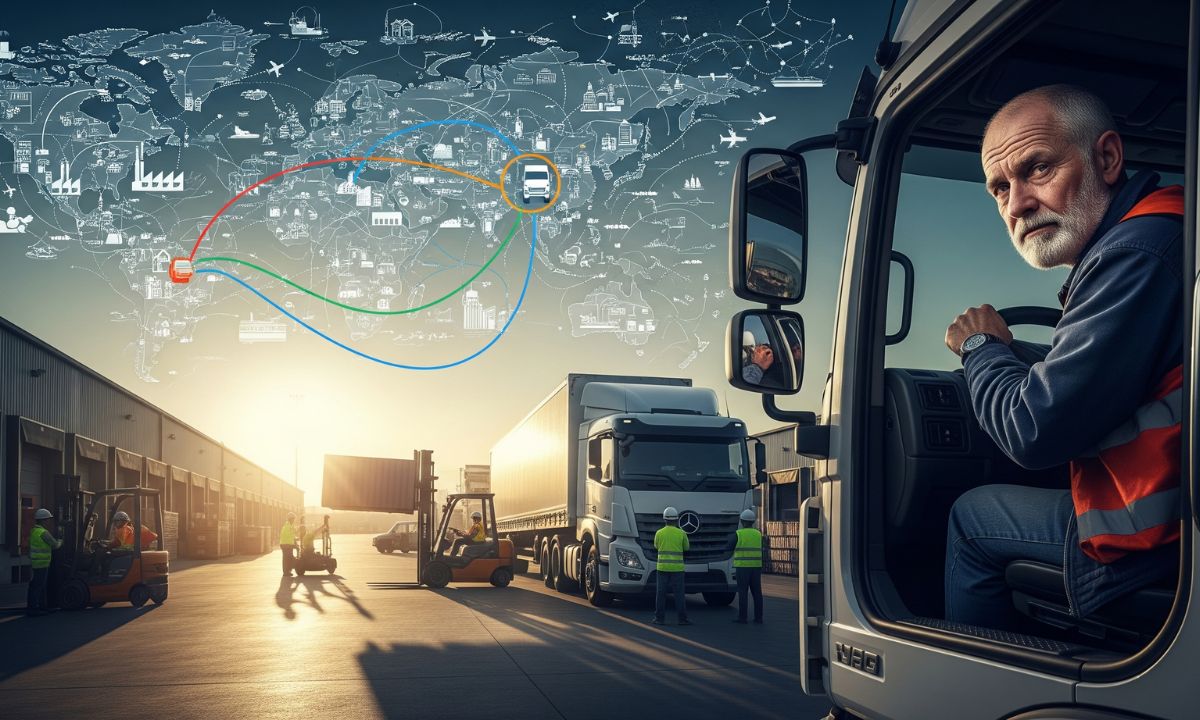The Supply Chain and the Trucker’s Role: An Inside Look
Supply Chain and Meaning of Truckers Role Inside: An Overview
The global supply chain-really a muscle backbone of trade and commerce-moves goods from the hands of manufacturers to those of consumers. Truckers are carefully placed at the system’s heart as intermediating arteries between warehouses, ports, retailers, and customers. Above all else, system designs would fold up even when there are no sophisticated logistics networks.
Reasons Truckers Are Important in the Supply Chain
From a defined point in steady near-final long-haul transport, truckers are responsible for really long distance cover-from one state to another, and most times internationally. Such flexibility in hauling enables a business to operate as required; down time is small; groceries are easily stocked. Most often, raw materials are driven to factories, whereas finished goods are taken to the market. Truckers are central to the economic flow as well as efficiency in logistics.
How Trucking Contributes to Efficiency in the Supply Chain
An efficiently performing supply chain is based on each timely transport. Trucking delays can ruin production schedules and lead up to shortages. The new generation of trucking companies already introduces telematics, GPS tracking, and optimizing software to deliver on-time completion of deliveries. Not only speed up, these smart facilities are economical because of reduced fuel use and idle time.
Challenges Truck Drivers Face Within Supply Chains
All these have impacts on the reliability of the whole supply chain.
- Volatility in fuel prices which increases the cost of operations.
- The shortage of drivers, making it extremely hard to meet the surging demand in freight.
- Regulatory Compliance around hours of service and emissions.
- Traffic congestion and limitations in infrastructure around those urban hubs.
But despite these challenges, industry adjustments persist such as automation, AI-driven itinerary planning, and sustainable trucking practices.
How Technology Redefines Trucking in Supply Chains
Trucking in the supply chains will remain revolutionized with the inception of artificial intelligence (AI), Internet of Things (IoT), and blockchain. Predictive analytics will be there to maximize demand forecasting and capacity utilization. IoT will serve by providing real-time condition tracking of the cargo. Finally, blockchain will guarantee protected and transparent documentation thus minimizing fraud and paperwork delay. All these innovations make trucking an intelligent, safe, and reliable way to travel.
Truckers help make supply chains more resilient.
Disruptions, be it pandemic or geopolitical, have certainly brought to the front how crucial a role truckers play in keeping the supply chain intact. When other modes of transport are delayed, truck drivers can often fill in the gaps. This helps in the adaptability of the delivering driver and creates the potential for filling in missing links within global logistics systems with respect to urban and rural diversity.
Future of Truckers in Supply Chain
All pointers indicate hybrid trucking models, where human know-how will be combined with driverless cars operating on green energy fleets. Carbon footprints will be lowered by electric trucks and alternative sustainable fuels, while automation would take care of repetitive jobs such as uploading freight to trucks or terminal processing of freight distribution. Nevertheless, human truckers will always be irreplaceable when it comes to overseeing specialized routes and customer interaction, ensuring that the supply chain still remains people-driven and technology-enabled.
Disclaimer: The information provided in this blog post is for general informational purposes only. While we strive to keep the content accurate and up to date, we do not guarantee its completeness, reliability, or accuracy. Any actions you take based on this information are strictly at your own risk. We are not responsible for any losses, damages, or inconveniences that may arise from the use of this blog.












